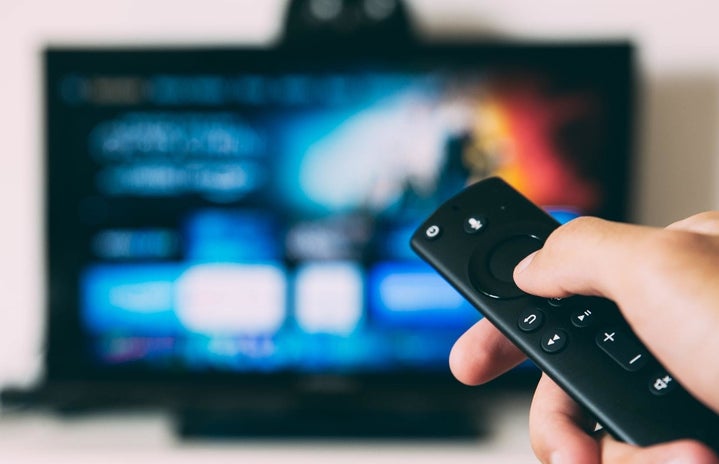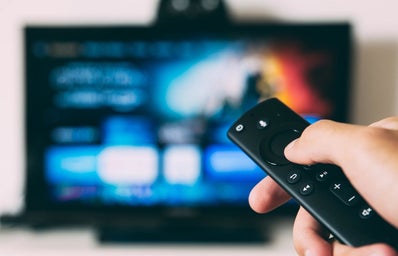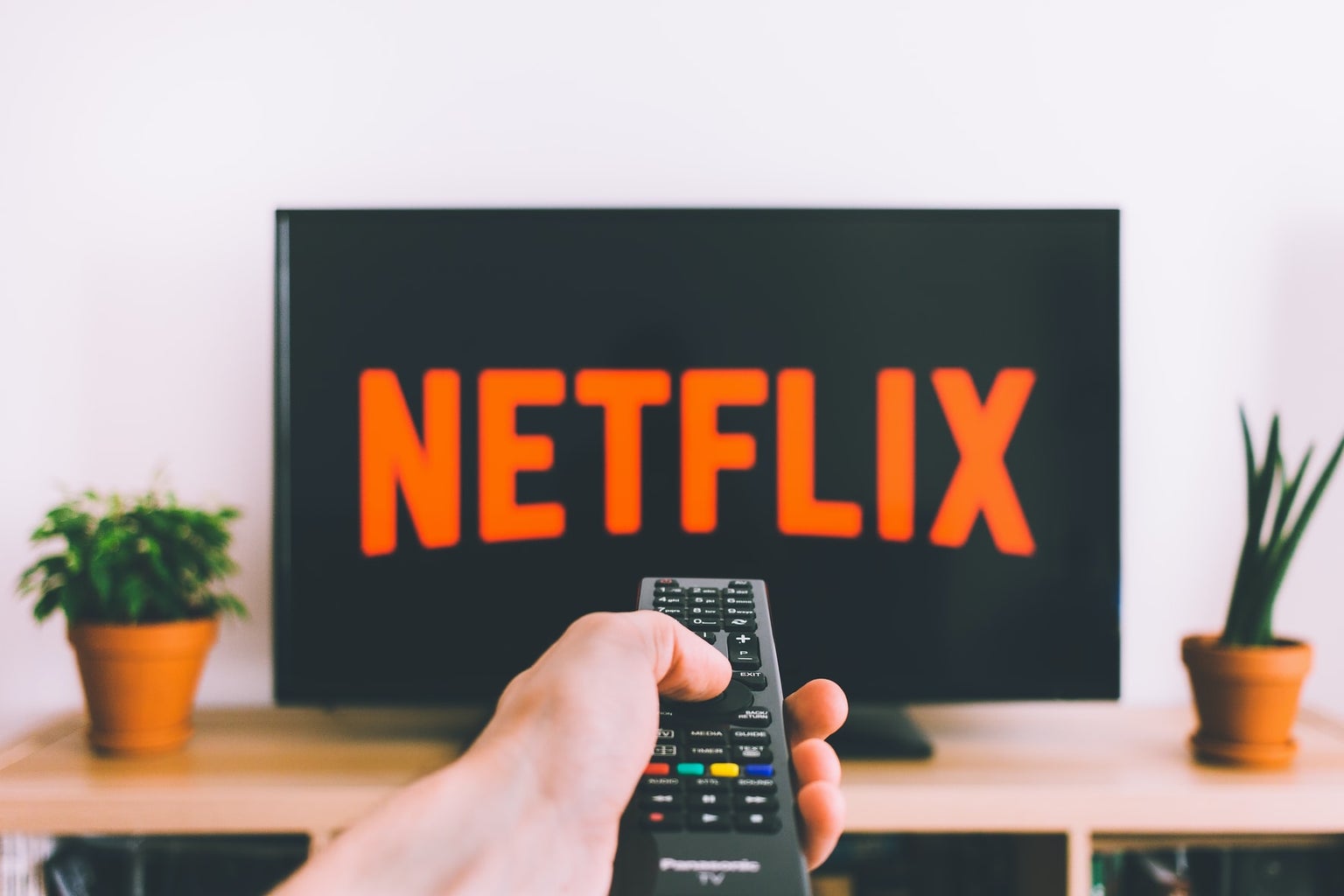Shows are getting axed left and right. Shadow and Bone, Lockwood & Co., Dead Boy Detectives, and The Acolyte, just to name a few. Multiple friends of mine purposefully avoid watching new shows because they are afraid of them getting canceled. And honestly, I don’t blame them because when I heard Lockwood & Co. got the axe, it felt like part of me died, not to be dramatic. It helps to know I am not alone in my mourning, the Lockwood & Co. fandom has been loud since its cancellation was announced. Not only has the fandom flooded the comments of Netflix’s posts, but they even started a petition to save the show that has gotten close to 50,000 signatures. It really is heartwarming to see how fandoms unite together in times of despair. Another example of fan solidarity is the Anne With An E fandom banding together to buy multiple billboards in advocating for the show’s renewal.
What sucks is that Netflix has been known to retain its rights over canceled shows, meaning even if another platform wants to pick up and renew a canceled show, they are unable to. It seems sometimes the only shows Netflix wants to keep going are shows that reach Stranger Things level of popularity. Which arguably, if you decide to count Squid Game or not, has not been replicated since the show’s release in 2016. The funny thing is the Duffer brothers, the creators of Stranger Things, never even wanted the show to get a second season.
That’s right, Stranger Things was designed to be a limited series with just one season. Due to the show’s immense popularity, Netflix asked the brothers to cook up another season, and that is how we are reaching season five. It is clear Netflix likes its numbers. But what’s unfair is that so many of these shows, like Lockwood & Co. aren’t even really given a chance. Netflix did close to nothing to promote the show and then canceled it claiming it had “low viewership.” Despite being left in the dust by Netflix, through social media and Netflix’s own rankings it’s evident the show had a dedicated and growing fandom. They were like a found family ghostbusters, so the potential was crazy.
Nowadays, shows on these streaming services are given such a short time span in which they must blow up in order to secure renewal. But alongside promotion, shows need time to find an audience and grow. Look at Breaking Bad, for example. The show became a cultural phenomenon in its later seasons, no one was really talking about it when it first started airing. Imagine if the plug was pulled early on Breaking Bad and we never got to see the rise of Heisenberg. Due to low viewership, the show actually faced the risk of cancellation after its first season, but thanks to its critical acclaim and loyal fanbase it was given the chance to stay running.
So many shows nowadays are just being left to imagination. The Society ended on a major cliffhanger, and fans never got closure as to what actually happened to the characters. Same with The Acolyte, which got canceled by Disney+. Shows nowadays are being pressured to fit into these unreasonable expectations and that is leading so many of them to early demises. Even if they show an incredible amount of potential, if their numbers are not groundbreaking, they are not good enough to stay. But once again, shows gain momentum and recognition with time. Netflix and other streaming services’ binge models should give these shows a fighting chance before shutting them down.
It seems as though these streaming companies have created their own doomed loopholes: shows keep getting canceled, leading more people to stop tuning into smaller, new releases, which leads to less viewership, and even more canceled shows. This pattern of canceling shows based on low viewership does not seem sustainable for the future of TV. Not only will it increase viewer distrust, but it will stifle the creativity of writers wanting to pursue new ideas, making them feel trapped to sell shows based on what is popular. Perhaps years from now the only thing we will have left is Emily in Paris season 20. And I bet you she still won’t know French by then.
For writers and for actors, the job market right now looks daunting and discouraging. Some of these streaming services, like HBO Max and Disney+, have been deleting entire shows and movies from their platforms if they don’t meet their standards — making it so there is no legal way to stream that deleted media. The world of TV has never felt so cutthroat and unforgiving. And the future of TV looks quite uncertain. New shows are being expected to fail rather than flourish, and customers are feeling drawn away from tuning in. One of my friends is known for being cursed — she has a reputation for having all her favorite shows canceled, so people actively avoid her recommendations. To help people like my cursed friend, and considering all that is invested into these shows, new releases need more stable support from their platforms in order to make names for themselves and share their full intended stories.



